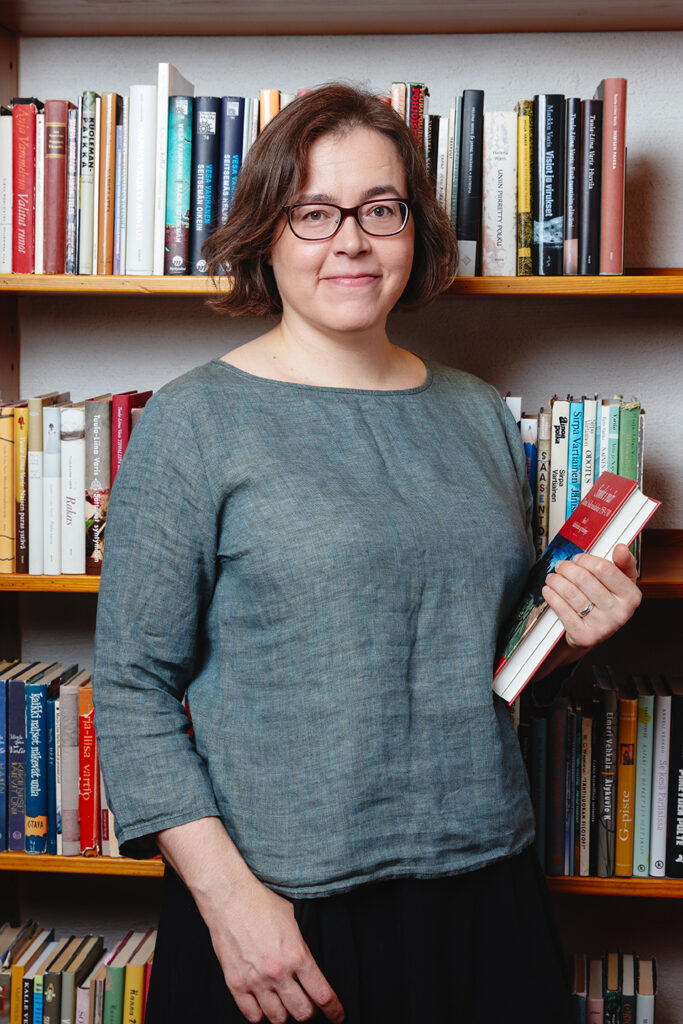IKAKE Project (2024–2028)
Variation of content and form of Finnic oral poetry in relation to linguistic and ethnic histories (IKAKE)
IKAKE project examines the complex and multilayered variation of wide Estonian–Ingrian–Votic–Karelian–Finnish oral poetry, and it relates it to the complex ethnic and linguistic history of the Finnic area. The project is funded by the Kone Foundation and takes place at the Finnish Literature Society 2024–2028.
All in all, we currently have approx. 250,000 digitized texts relating to the runosong tradition (regilaul, Kalevalaic poetry) in six Finnic languages in Estonian and Finnish collections. The current overall understanding of the material is based on early 20th century research, which is evidently outdated, and more recent parish- or singer-specific case studies. In IKAKE, we aim at wide readings of the folkloric variation at the level of the whole data, and then we relate these with the recent research about the linguistic and ethnic history, migrations, assimilations and processes of modernisation in the Finnic area.
Earlier manual research was limited by the sheer size of the material. Digital format and computational tools help in wider analysis, but are limited by the significant linguistic, orthographical, poetic, genre and content variation of the collections. In the earlier FILTER project, we have tested and developed source critical perspectives, methods and tools aiming at layering close and distant, quantitative and qualitative readings of the data. Of these, see the project home page.
In IKAKE, we bring along perspectives and the methods from linguistics as well as examine the interaction between oral culture and literary publications. Analysing the interactive layers of genres, poem types, motifs, line types, formulas and linguistic features, and then relating these with local settings, ethnic identifications and linguistic history, we hope to also make the materials of Finnic oral poetry meaningful for the strands of multidisciplinary research, which aims at understanding the past of the Finnic area.
The people involved at the different stages of the project are computational scientist, post-doctoral researcher Maciej Janicki, linguist, post-doctoral researcher Antti Kanner, folklorists research professor Mari Väina (ent. Sarv), senior researcher Liina Saarlo, Jakob Lindström and as the leader of the project academy research fellow Kati Kallio. Professor of digital humanities Eetu Mäkelä and retired development manager, senior researcher Jukka Saarinen.
More information:



